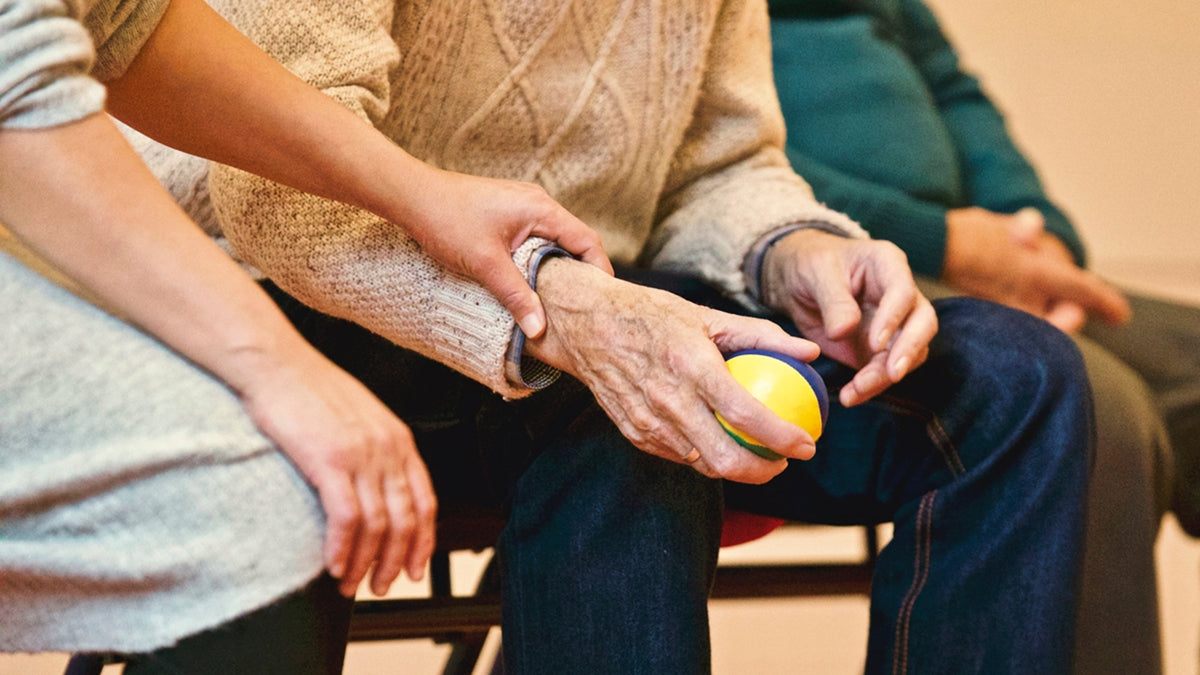
POSTED June 06, 2019
Assembling a Care Team
This is a guest blog written by the CEO of AffirmiCare, Paula Enrietto. AffirmiCare is one of our partners who provides home care services in the Boulder County area. You can find more information on AffirmiCare’s website about their personalized care options. The information and opinions shared here are Paula’s and do not necessarily reflect those of Cultivate.

Welcome to our “How to Survive and Thrive While Caring for Others” series. Over the next few weeks we will share wisdom and tools to support you in your caregiving role. We will focus on what needs to be in place to survive and what can help you thrive under sometimes difficult circumstances. There are resources and people to help!
As a caregiver, you may feel a loss of control because of the constant changes that you experience. As humans, we often respond to change with fear and denial. These emotions are usually followed by the acquisition of knowledge and tools to cope, which results in resiliency that builds with each life change. This series is focused on those tools. We hope they are useful and build resiliency that can help you thrive!
My journey as a caregiver began with my Mom. As is the norm nowadays, I was living many miles away from my family and would come home for the holidays. One Christmas, my mom received a box of chocolates. She loved chocolate and didn’t want to share so she placed them on a shelf in her closet. At that moment I found her action amusing! After the holidays, I went home and thought nothing of it. A month later, she phoned me to let me know that she found a box of chocolates on the shelf of her closet and didn’t know where they came from. A warning light went off for me. She had forgotten who gave her the chocolates and why they were in the closet. I began to watch carefully, and I slowly realized that something was wrong. Something was changing!
Our family lived in denial until it was no longer possible to do so. We had to take action and find out what was wrong. But where to start?
Seek a medical opinion: Are the changes you observe related to a medical problem? A good physical examination can sometimes reveal the underlying cause of the changes you see. However, when it doesn’t, you must persist in finding the answers. Tracking the changes you see is very useful in helping the doctors make a diagnosis. The more information you can provide to them, the greater the chances they will make the right diagnosis. Some things to record daily include blood pressure, weight, falls, and forgetfulness. All of these provide clues to a doctor. Also watch for a lack of interest in personal care, housekeeping, and financial issues. Each of these is a window into an underlying change in your family member’s health.
Find the right medical team: First and foremost, it is important to know that it takes a team. Along with a general physician, you may need to seek out specialist care. For example, if your loved one has a diagnosis of Parkinson’s disease, it is important to have the right neurologist on the team—one that is skilled in movement disorders.
Find the right care options: While medical treatment is essential, it is also important to consider other therapies. With our Parkinson’s example, exercise is critical in maintaining good physical function. Finding a good physical therapy program specializing in Parkinson’s is key. Later in this series we will describe some of the resources available in the community to address a variety of medical diagnoses.
Regardless of the medical condition your loved one faces, these steps will put you on the path toward achieving some control. You know your loved one best and you are their best advocate. Establishing the right team is so very important—not only are you ensuring your loved one gets proper care, you’re surrounding yourself with the support you need to thrive as a caregiver.
Come back next week for the second post in Paula’s How to Survive and Thrive While Caring for Others series, which will tackle how to proactively plan for the future as a caregiver.